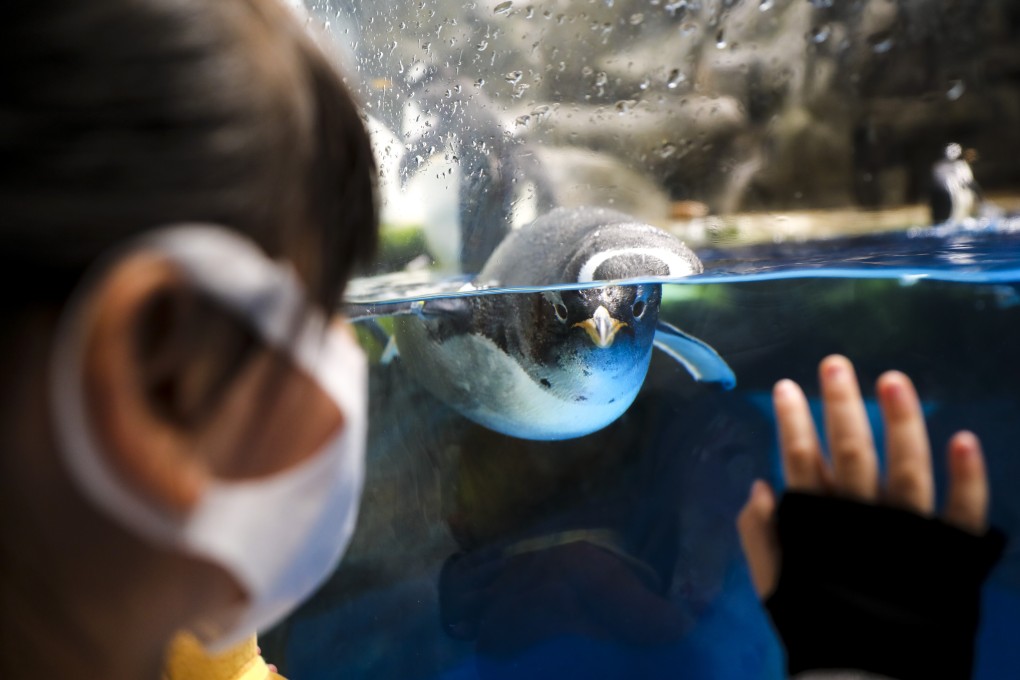Advertisement
Letters | Hong Kong Ocean Park’s future lies in eco-tourism and the Greater Bay Area
- The Hong Kong theme park could look to cooperate with Chimelong Ocean Kingdom in Zhuhai to use their resources to enhance marine conservation in the Greater Bay Area, as well as boost aquaculture research and development
Reading Time:2 minutes
Why you can trust SCMP

With reference to “Can Ocean Park, Hong Kong Disneyland survive the coronavirus?” and “Goodbye 1980s: Ocean Park must rebrand itself as face of new Hong Kong”, I have some suggestions for what the alternatives for Ocean Park might be.
When our government proposed bailing out Ocean Park with a generous rescue package, some professionals discussed what other plans could be initiated with the HK$5.4 billion (US$696 million) bailout, such as developing eco-cultural tourism across Hong Kong.
One alternative approach could be to promote Ocean Park as part of tourism development in the Greater Bay Area. It could relocate to and cooperate with Chimelong Ocean Kingdom in Zhuhai. This theme park is larger than Ocean Park, and it is just a short distance away from the Hong Kong-Zhuhai-Macau Bridge. It is up to the management of Ocean Park and Chimelong Ocean Kingdom to discuss the scope of their cooperation and how to integrate both theme parks into one.
Advertisement
Second, expertise and resources from both Ocean Park and Chimelong Ocean Kingdom could be used to enhance marine conservation around the Greater Bay Area. This can include projects to save our pink dolphins (also known as Chinese white dolphins) from the threat of extinction with organisations such as WWF, and also aquaculture research and development.
As seafood is extremely popular in southern China and our huge consumption has resulted in some species being eaten to near extinction, Ocean Park and Chimelong Ocean Kingdom could work with universities from Hong Kong and Guangdong province to – first, cooperate with fish hatchery and nursery farms to increase the supplies of fish that are decreasing in the wild around the seas of the Greater Bay Area; and second, to develop the technology, knowledge and expertise for the development of the seawater fish farming industry (indoor and inland) in the Greater Bay Area.

05:28
Hong Kong fish farmer plans to spend rest of his life on floating farm despite industry’s decline
Hong Kong fish farmer plans to spend rest of his life on floating farm despite industry’s decline
An alternative for Hong Kong could also be to develop rural, coastal and island areas for environmental and cultural tourism. Hong Kong is unique in that around 60 per cent of coastal and green areas that surround metropolitan residential areas are often less than an hour away on public transport.
Advertisement
Select Voice
Choose your listening speed
Get through articles 2x faster
1.25x
250 WPM
Slow
Average
Fast
1.25x